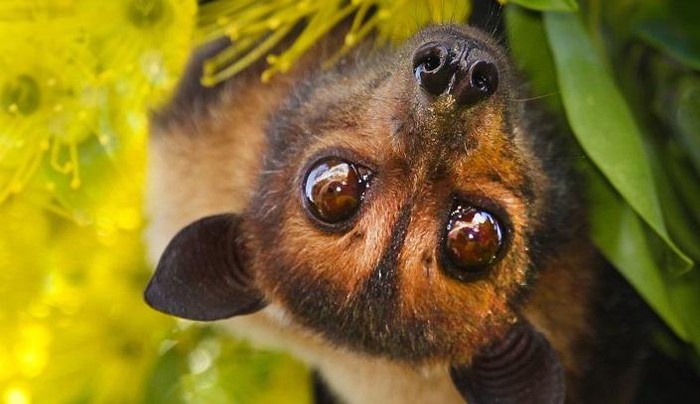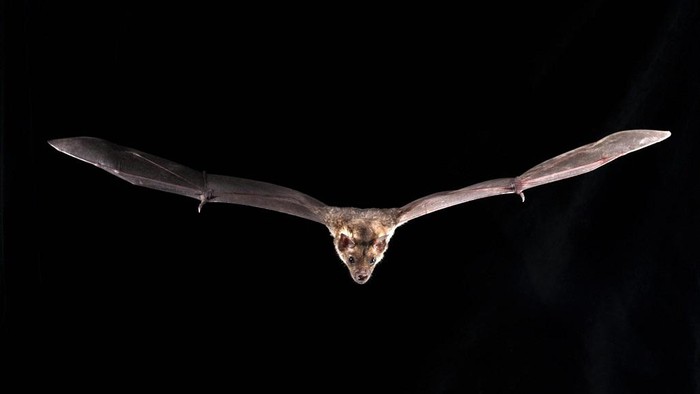There is a lot we don't know about the anti-virus and other bat capabilities such as extreme longevity. A detailed genome sequence must be provided to provide some clues to this mysterious code.

"Thanks to a series of sophisticated statistical analyzes, we have begun to explore the supernatural powers of bats," he said. including the ability to tolerate and overcome RNA genetic viruses ".
By comparing the genomes of six bat species with the genomes of other mammals, the researchers found evidence that the bat's immune system works in a unique way. Understanding how they fight viruses can help us do the same.
These "super powers" against the virus have allowed bats to thrive in many environments around the world. They now make up 20% of all living mammals, with more than 1,400 species of bats identified.
And although they carry many pathogens, they play an important role in our ecosystems. At least 500 plant species depend on the pollination of bats such as bananas, mangoes and agave. Some plants depend on their droppings. Bats also play a role in controlling insect pests like mosquitoes because that is their food source.
Understanding how resistance and bats work against the virus that always carries them can help us survive more safely.

Bats have lost a mammalian gene strain involved in the immune system. Photo: Brock and Sherri Fenton.
Professor, Dr. Davalos and colleagues sequenced and compared the genomes of six different bat species including insect-eating, mosquito-eating, fruit-eating and omnivorous bats.
They then compared them to 42 other mammal genomes, allowing them to find the different parts of the bat, and thus identifying the bat's unique genetic codes.
Previously, scientists discovered that bats have a strong evolution of hearing-related genes, they have the ability to locate by echoes. And now the team discovered that bats have lost a mammalian gene involved in the immune system. These include a number of immune stimulating genes involved in immune diseases in humans.
Changes in another group of immune genes called APOBEC have also been seen in bats. These genes have been lost, expanded or duplicated on different bat species. They produce enzymes that are involved in blocking the virus's ability to introduce the gene into the host genome, an important part of the virus's ability to replicate.
"Increasingly, we see more and more copy and loss of genes as important in the development of new features and functions on the Tree of Life," explained Professor, Dr. Dávalos.
The team also found that old gene fragments of the ancient virus were inserted into the bat genome and subsequently passed down through the generations.
Humans also have these ancient viruses and they provide a record of virus infection through our evolutionary history, like a genetic memory.
The bat genome has more ancient viruses that are more diverse than humans, and they reveal bats that survived viruses that were previously thought to infect only birds.
Taken together, these findings support the growing evidence that bats can tolerate and survive a virus infection better than most mammals, because their immune systems work. different.
The researchers write in their paper just published in Nature : "Our quality bat genome provides the resources needed to discover and validate the basis of bat gene adaptation. and open new avenues of research directly related to human health and disease. "
Perhaps the bats will one day share their anti-virus 'powers' with us, just as they have transmitted the disease to humans.